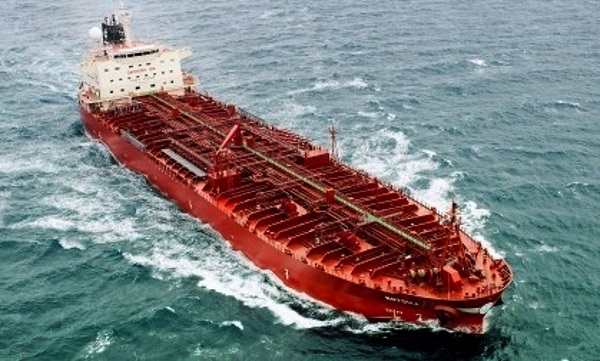Petrochemical to Drive Future Tanker Demand
11.09.2019When deciding for the type of tanker to invest for in the next 20 years, ship owners should take a closer look at future demand for various oil-based products, as things are bound to differentiate considerably, compared to today’s conditions.
In its latest weekly report, shipbroker Gibson said that “the so called ‘War on Plastics’ has been steadily gaining traction over the past few years, with major companies such as McDonald’s and Carlsberg, to name a few, seeking to reduce the presence of single use plastics in their businesses. Governments are increasingly regulating plastics use, with the UK banning plastic straws from April 2020. Other initiatives will be rolled out in due course.
Admittedly, however, the use of plastics is still projected to grow strongly over the coming years, largely driven by the emerging economies, where the desire for economic growth often outweighs environmental concerns. Given that demand for plastics is expected to make up an ever-increasing share of oil demand, understanding the drivers behind this demand will have ever increasing importance for tanker owners going forwards”, the shipbroker said.

Gibson noted that “the good news for the tanker market is that in the short term, petrochemical demand is growing strongly over the next five years. In fact, according to the IEA, 30% of demand growth between 2018 and 2024 will be driven by demand for plastics and petrochemicals. If more projects are announced in the short term, then the demand growth could be even stronger come 2024”.

According to the shipbroker, “beyond the next 5 years however, the forecast for growth is more uncertain. BP stated in its recent ‘World Energy Outlook’ that the ‘single-largest projected source of oil demand growth over the next 20 years is from the noncombusted use of liquid fuels in industry, particularly as a feedstock for petrochemicals, driven by the increasing production of plastics’, but, the oil major also notes that regulatory developments may threaten this growth. If new regulations are introduced to eradicate the use of single use plastics, then demand growth for petrochemicals could slow drastically.
However, even with regulatory threats in the future, companies are stepping up investment in petrochemicals. Indeed, before worrying about slower demand growth for plastics, which may take more than 20 years to materialise, refiners and major industrial players are focusing on the greater threat from a slowdown in gasoline demand, which is likely to be squeezed by the rise of electric vehicles and more efficient engines. In the IEA’s most recent World Energy Outlook, under it’s ‘New Policies Scenario’ the Agency predicted that whilst there is increasing regulatory action around the use of single use plastics and higher recycling rates, oil use as a petrochemical feedstock would still grow by 5 million b/d by 2040.
Even in the IEA’s ‘sustainable development scenario’, which assumes policy interventions to address climate change, the petrochemicals sector still registers demand growth, whereas demand for transportation fuels and other sectors declines. Industrial players appear to be aligning their long-term strategies to this view. Indeed, Reliance Industries recently announced its ambition to invest in Jamnagar to produce only jet fuel and petrochemicals in order to extract maximum value from every barrel. Saudi Aramco has also sought to expand its petrochemical operations through new projects, joint ventures and most notably, its pending acquisition of SABIC”.
Gibson concluded that “in short, the tanker market still has some way to go before it is likely to be impacted by the ‘War on Plastics’. However, at some point over the next 20 years demand for gasoline, and perhaps other liquid fuels is expected to slow.
With petrochemicals taking a more important role driving future oil demand, shipowners will need to ensure their investment decisions align with the production strategies of the major industrial players”, the shipbroker concluded.
Source : Hellenic Shipping News
